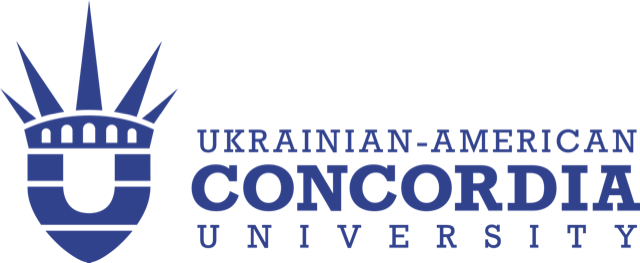Electives are designed to complement the basic educational program. Students choose electives based on their areas of interest. Students can choose electives from general and core educational electives.
Core educational electives are available in the field of business administration, international economic relations, international economics, international business, management, IT management, business negotiations, finance and other subjects.
General educational electives include language training (for Bachelors), law, philosophy, sociology, leadership and other subjects.
Usually, the elective course is equal to 6 ECTS credits (3 US credits) for Bachelors’ students.
As a rule, from the general education electives, students choose 5 courses – 30 ECTS credits, and from the core educational electives – 6 courses – 36 credits.
The study of elective courses takes place during the entire period of study. General information on the electives is available on the website, but information on specific courses offered for the next semester is provided to students on the Moodle platform. When registering for subjects, students receive advisory information about the number of places offered by the electives in the group, the necessary prerequisites, if any, and other relevant information.
